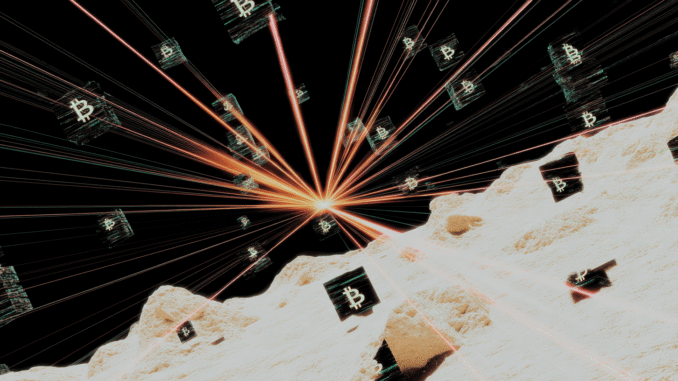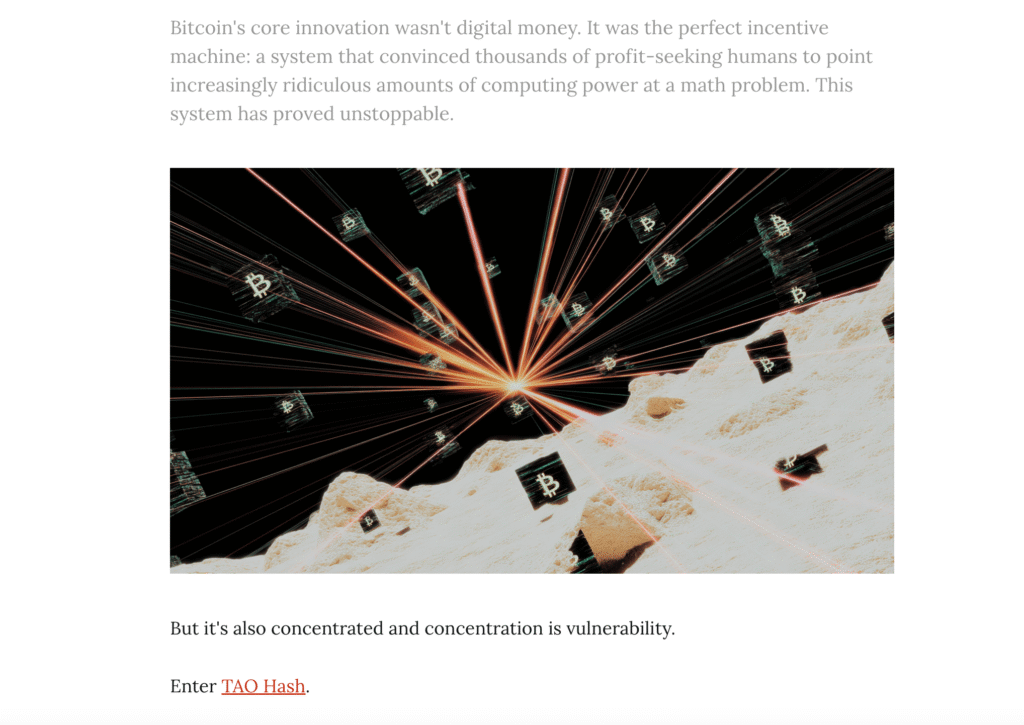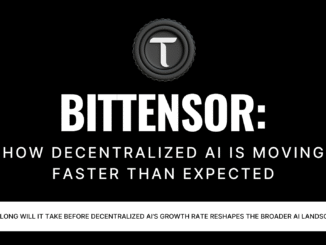
TAOHash (Subnet 14 on Bittensor) is redefining Bitcoin mining by injecting the principles of decentralization and market dynamics into a sector long dominated by centralized entities. A recent feature on Open Source Press highlights how TAOHash is making hashrate liquid, tradable, and, most importantly, more decentralized.
The Problem of Mining Centralization
Bitcoin mining has achieved incredible scale, yet it suffers from high centralization. A few mega-pools and large operators hold the lion’s share of SHA-256 hashrate, which undermines network resilience. TAOHash enters the scene with a solution that transforms mining participation at its core.Reddit
TAOHash: A Market for Mining Power
TAOHash creates a dynamic market mechanism where miners are paid in SN14 tokens “alpha” tokens rather than directly in Bitcoin. Validators use their earned BTC to purchase SN14 tokens, reinforcing a buy-back loop that incentivizes mining and staking. This model effectively taps into real-time market signals to align incentives and optimize resource flow without needing upfront capital investment.
Early Growth That Speaks Volumes
TAOHash made headlines by achieving nearly 2 EH/s in its first week with just 11 miners on board. That’s a staggering pace of adoption. If this trajectory continues, TAOHash could command approximately 1% of the global Bitcoin hashrate equivalent to roughly $200 million per year in mining activity. The Open Source Press
Built to Scale and Expand
Beyond Bitcoin, TAOHash is architected for expansion to other proof-of-work networks, such as Kaspa, Monero, and Litecoin. It uses infrastructure like Braiins Pool for execution, while validators and miners interact through Bittensor’s metagraph and reward systems. Essentially, it functions as a self-organizing ecosystem that balances incentives efficiently.
Why TAOHash Matters for Decentralized AI and Crypto
TAOHash blends Bitcoin’s proof-of-work ethos with Bittensor’s decentralized AI economic layers. By tokenizing hashrate and using network-driven pricing, it addresses mining centralization and creates new market opportunities for miners. This hybrid model could make mining more accessible, efficient, and resilient.
Click on the image below to explore the whole article.





Be the first to comment